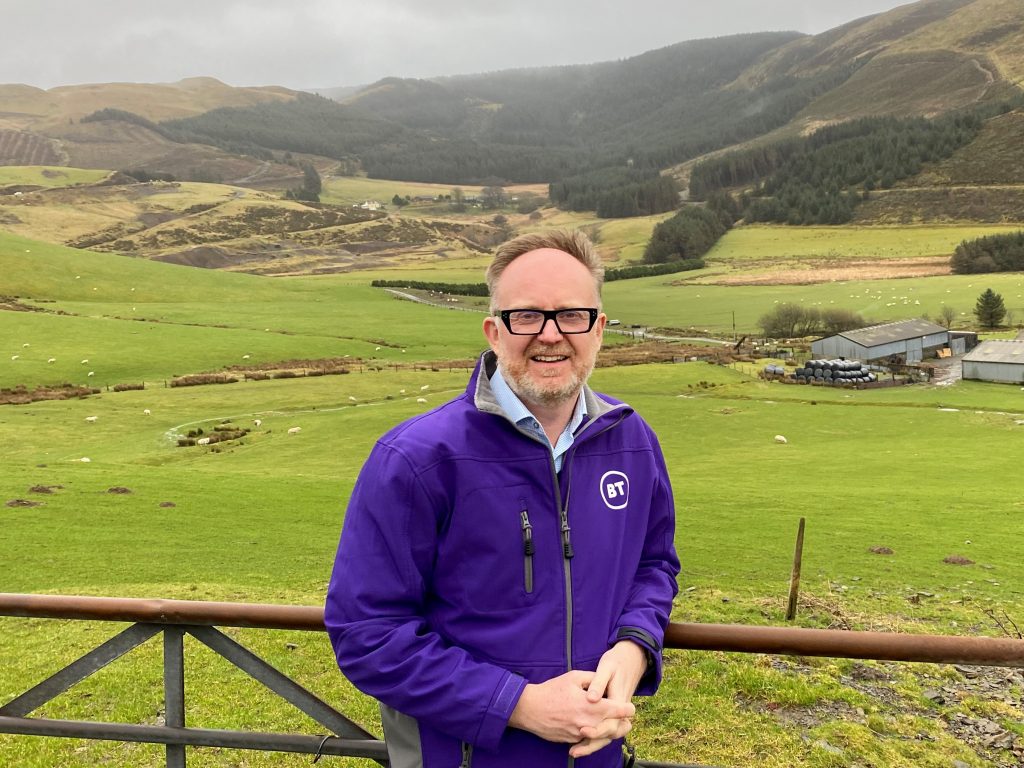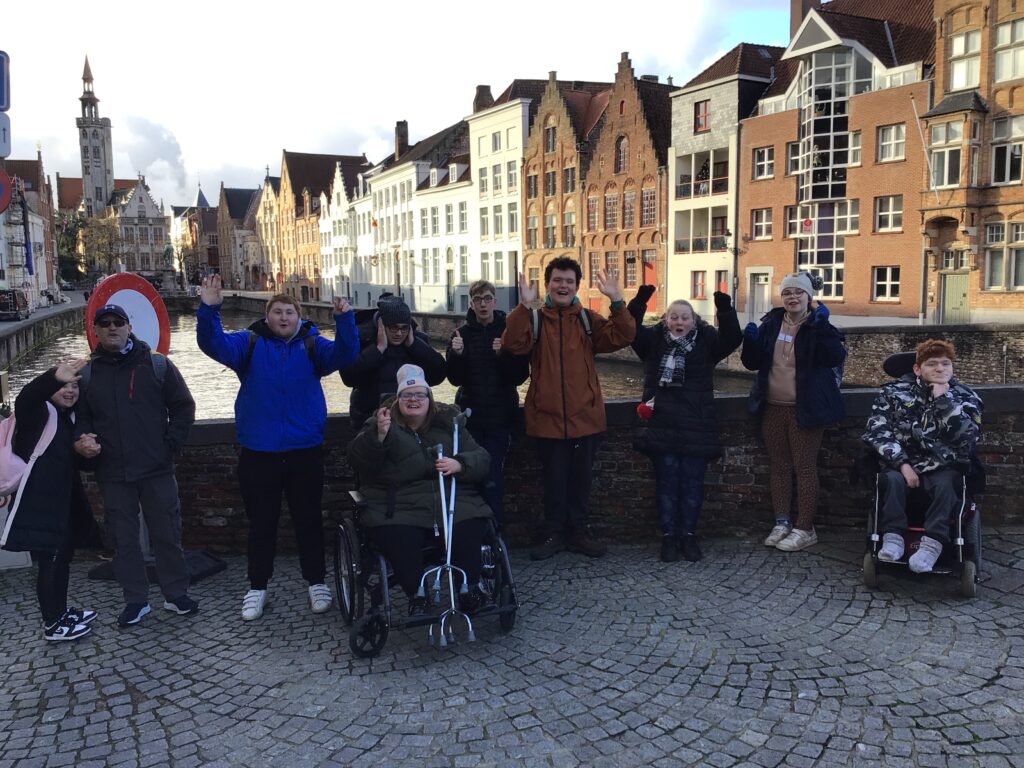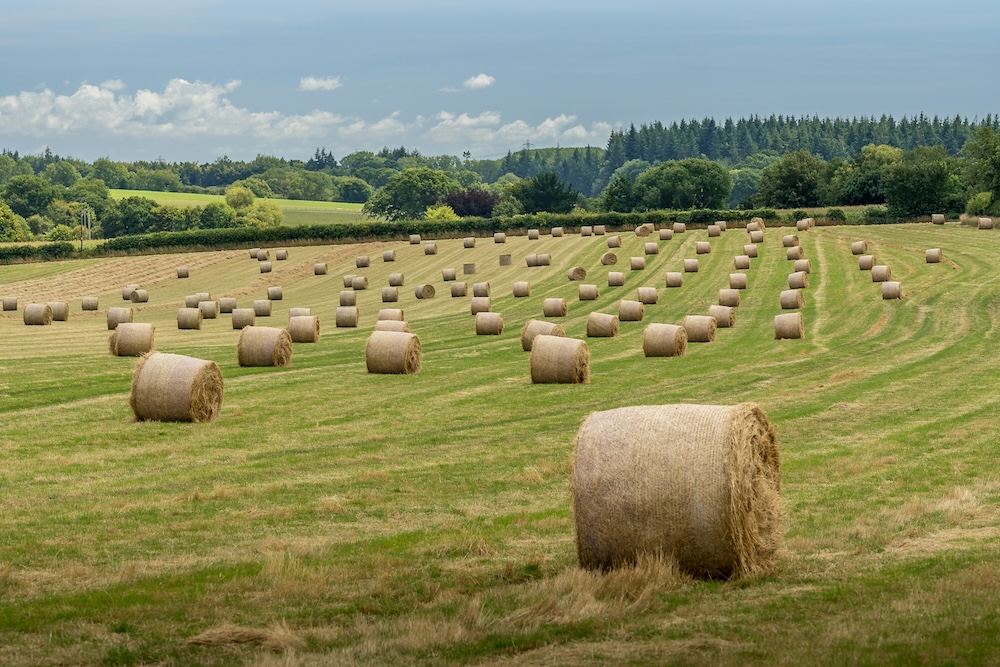BT Group’s director in Wales Nick Speed shares insights into the potential for smart technology in rural Wales.
There has been a lot of talk in recent years about developing smart cities – urban areas using the latest connected technologies to help them run more efficiently and cleanly.
But what does this mean for rural areas and is there scope also for ‘smart rural’?
This is something BT wanted to look at, so we commissioned an independent report, working with rural communities and sectors in Wales, to see what the future could hold.
But what do we mean when we talk about smart technology or smart areas? In terms of our homes, for example, we’ve seen huge growth in the number of smart and connected devices in recent years, from internet-connected smart TVs and smart speakers, to virtual assistants like Alexa and Google Assistant. More than half (56%) of the televisions in UK homes are now internet-connected smart TVs.
It’s estimated that the number of connected devices per household will increase five-fold over the coming years, with the average UK household containing 50 connected devices by 2023.
For smart cities, it’s about using data from connected sensors and devices to better monitor and manage areas such as traffic, public transport, waste, air quality and other community services.
So are rural communities and sectors such as agriculture and tourism in Wales geared up to take advantage of this smart revolution?
For agriculture, the study showed clearly how solutions such as sensors and devices connected to networks are already being trialled in Wales. This technology allows farmers to remotely track and manage their stock, helping to reduce costs and increase efficiency.
The tourism and hospitality industry has also seen a revolution in the use of digital technology in recent years, with smartphones, mapping services and augmented reality apps transforming the way visitors engage with tourist locations. The report highlights the tourism businesses in rural Wales using these new technologies to help them work smarter and adapt to rising consumer expectations.
Those businesses are, however, ‘early adopters’ and not typical within those sectors or in rural Wales more generally.
When speaking to people working in rural sectors as part of this study, the feedback was often that this technology is ‘not relevant to my business’ or ‘I just don’t have the time’. Cost is also a clear consideration, with businesses wanting to know what the return will be on their investment.
One of the report’s clear recommendations is to champion those trailblazers already doing amazing things in rural Wales. The aim is to help inspire others. It’s worth remembering that there is still a proportion (14%) of adults who do not go online and are not interested in doing so. Improving digital skills across all areas – including rural – will be key to this.
Innovative. Informed. Independent.
Your support can help us make Wales better.
And there are encouraging signs: I’ve seen how innovation hubs such as AberInnovation and M-SParc are providing inspirational spaces to bring early adopters together and challenging the notion that tech clusters are only something you’ll find in big cities. In small towns like Cardigan and Porthmadog, local champions are using sensors to track footfall and collect data that can support our high streets. They’re helping businesses in their communities realise how digital can be an opportunity.
Connected technology like this will also rely on fast and secure broadband and mobile connectivity, including 5G.
While the focus of this study was not the current availability of such services in rural Wales, it is important that we see continued investment in rural connectivity and infrastructure. This will be needed to make sure the gap between rural and urban broadband and mobile connectivity can be closed and the potential of this technology taken advantage of.
The coronavirus crisis has thrown into stark focus the vital role that digital connectivity now plays. But this accelerated shift to greater use of digital technology shouldn’t just benefit Silicon Valley, it should also provide a boost to rural Welsh valleys.
Connected, smart technology could offer real benefits to rural communities in future. It has the potential to help rural economies grow and encourage young people to stay in these areas – and do something different.
Our hope is this report contributes to an accelerated pace of change we have witnessed through the pandemic. Technology in the 2020s isn’t just about smart cities. It’s about how we get to smart rural too.
All articles published on the welsh agenda are subject to IWA’s disclaimer.





